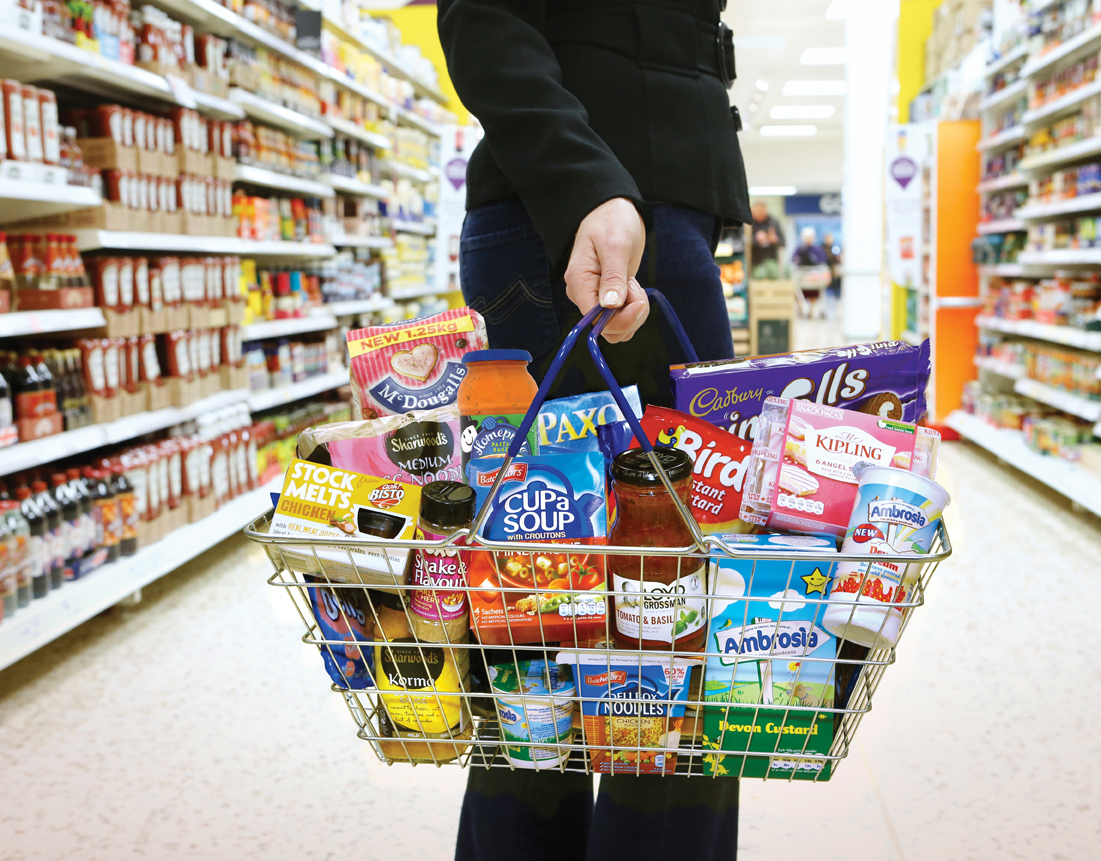Household Bills
Coffee and chocolate drive supermarket prices even higher in May

As the Government asks grocers to hold the line on supermarket prices, food inflation rises again with chocolate and coffee driving the increase.
Prices at supermarkets were 9% higher in the year to May, following a rise of 8.8% in April, according to a report from the British Retail Consortium (BRC) and NielsenIQ.
The BRC also said that food price inflation for the week starting 1 May had slowed marginally to 15.4% from 15.7% in April, meaning that although prices were still climbing, they were rising at a slower pace.
The figures show the price of fresh food was rising as a result of higher costs for energy, animal feed and transport, especially when it came to eggs, dairy products and meat.
The UK Government wants supermarkets to limit prices on basic items like milk and bread to help Britons during the cost-of-living crisis. The plan would be completely voluntary, however. (Before those talks, several major grocers had reduced the price of a pint of milk by 5p, although that’s still almost twice the pre-pandemic price.)
Commodities creating higher costs
Helen Dickinson, the BRC chief executive, pinned the surges for coffee and chocolate on “the ongoing high global costs for these commodities.”
She also commented: “While overall shop price inflation rose slightly in May, households will welcome food inflation beginning to fall. The slow in inflation was largely driven by lower energy and commodity costs starting to filter through to lower prices of some staples including butter, milk, fruit and fish.
“Conversely, the price of chocolate and coffee rose on the back of the ongoing high global costs for these commodities. While non-food inflation rose, consumers are benefitting from heavy discounts in footwear as well as books and home entertainment.
She added that competition between supermarkets “has helped keep British food among the cheapest of the large European economies”. She cautioned that Government policies such as incoming border checks and changes to packaging recycling fees further risked raising prices for consumers.
With local fruit and veg coming into season, price increases on fresh produce slowed in May from 17.8% to 17.2%. Prices for foods stored at room temperature ticked higher in the year to May, from 12.9% to 13.1%.
Other factors for rising costs include higher energy prices on the heels of the Russian invasion of Ukraine, normally a huge exporter of grain. Bad weather earlier in southern Europe meant smaller supplies of vegetables such as tomatoes.
Shoppers ‘running on empty’
Myron Jobson, senior personal finance analyst, Interactive Investor, said: “While headline food inflation is thankfully on the wane, we are still paying higher prices than ever before at the shops.
“With household budgets still reeling from the inflationary squeeze, retailers must walk a tightrope of pricing goods to drive profits while keeping them low enough to attract and retain customers.
“Many shoppers are running on empty and face hard decisions over how to spend their money to keep out of the red. Shoppers are increasingly taking a stand against what they deem as unfair prices amid fears that food retailers and producers are profiteering from rising prices. We’ve already seen a large number of shoppers jumping ship to German discount retailers to lower the cost of their grocery shop.”